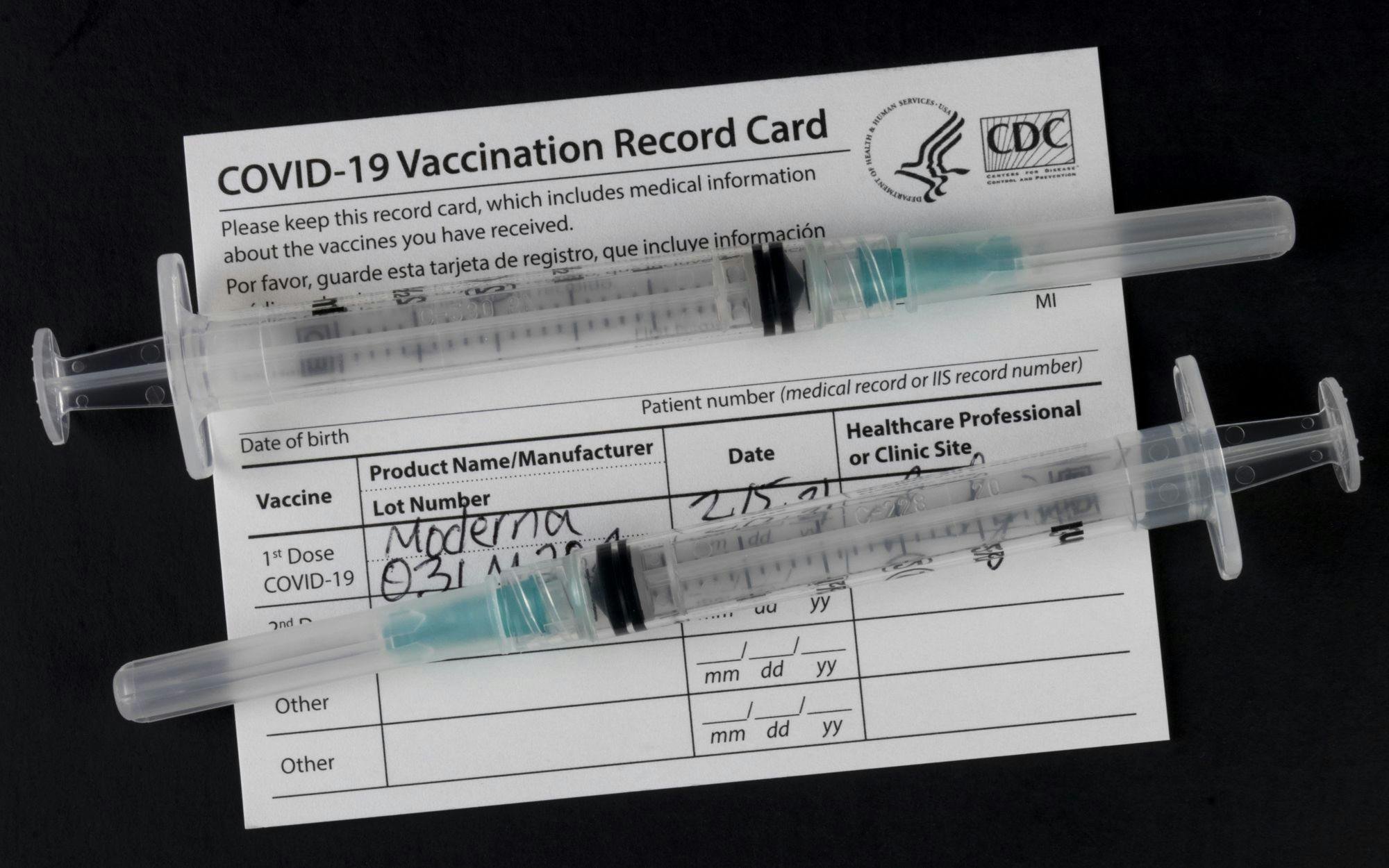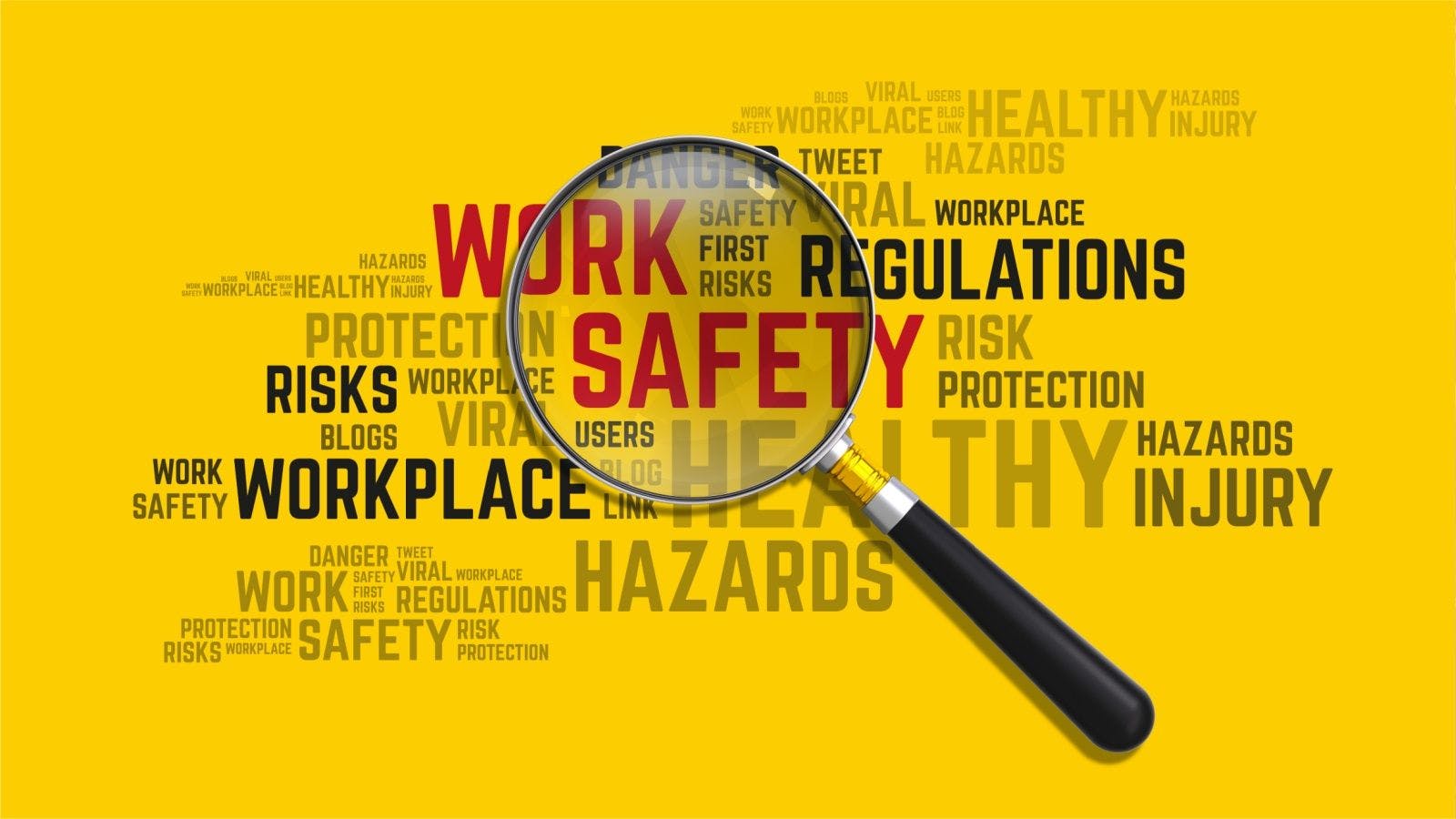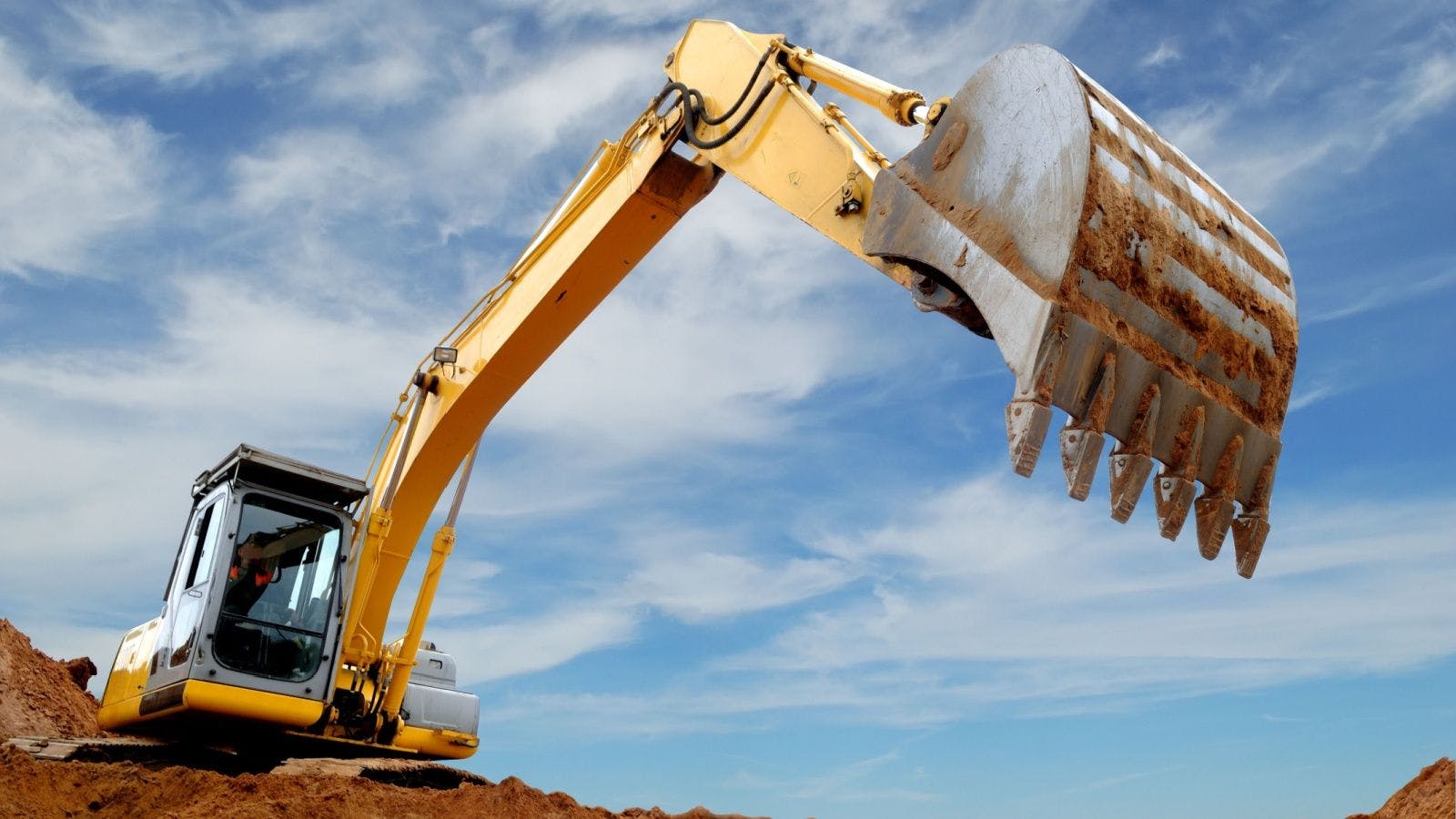
The Emergence of Employee Vaccination Tracking in Construction
COVID-19 has sparked a new way of thinking around vaccination tracking and storing employee immunization records.
The first questions that people ask are, “Is this even legal?” and “Can my employer store my personal health information?”
In short, yes. It’s completely legal.
Expect various firms in the construction sector to start mandating vaccinations and require proof of vaccination as we enter late 2021. We’ll cover how we got to this point, the state of COVID-19 in construction and where we predict the industry will go from here.
What Is HIPAA?
The Health Insurance Portability and Accountability Act of 1996 is a federal law that required the creation of national standards to protect sensitive patient health information from being disclosed without the patient’s consent or knowledge.
Essentially, HIPAA was designed to protect the personal health information of patients. HIPAA targets both private and public health care providers. It impacts health care providers’ day-to-day operations as their business processes must always abide by HIPAA guidelines.
But what about the private sector? What about employers that do not operate in the health care sector?
Well, it’s much different.
HIPAA rules and guidelines generally don’t apply to private sector businesses or their employment records. If an employer asks an employee to provide proof of vaccination, that is not considered a HIPAA violation, as the employee has the right to refuse the employer’s request; although, refusal to abide by an employers’ rules may result in penalties or loss of employment.
Can My Employer Ask for Proof of Vaccination?
Yes, it is completely legal for an employer to ask for immunization history or proof of vaccination (U.S. Department of Health & Human Services, 2021).
Why? As mentioned above, conditions of employment are entirely up to the employer. If the employer requires you to have a vaccination to retain your employment status, then you must abide by your employer’s demands or risk the penalty of refusing its wishes.
This may seem harsh to some, but this is not a new thing. Many operations require workers to have negative drug/alcohol tests to retain employment, and most employers would not tolerate an impaired individual at work. An employer sets the rules, and an employee follows the rules or puts their employment in jeopardy.
Of course, employees have the right to refuse employer demands, but they do not protect their employment by doing so.
The Emergence of Employee Vaccination Tracking
The COVID-19 pandemic has changed things in a big way, and the world does not know how long these changes will stick around. There is a chance that immunization history and mandatory vaccination for employees is something that will continue well past 2021.
In the past, very few employers would have asked their employees to show proof of the seasonal flu vaccine. In fact, many employees do not get a seasonal flu vaccine. It’s estimated that 48% of adults got the seasonal flu vaccine during 2019 to 2020 (per the Centers for Disease Control and Prevention).
However, COVID-19 is different, as the virus completely shut down world economies and the operations of many private industries. Modern strains of the seasonal flu virus have yet to cause such a stir at a global scale, so it is no surprise that vaccination tracking efforts did not emerge sooner.
With such disruption comes drastic changes in the way organizations and the government conduct day-to-day business to keep operations running. We are seeing all types of intervention, whether it be government or private business. On Sept. 9, 2021, President Joe Biden mandated that those employers with 100 or more employees must have all staff vaccinated. This came after the U.S. government mandated the same for all federal employees.
The U.S. government is certainly not the only federal entity implementing such mandates around vaccinations. Even before President Biden’s intervention, many private organizations had already set rules for their employees.
A (not so bold) prediction: Momentum shows that vaccination mandates are likely to impact almost every industry and every business very soon, and workplaces will have to adapt to track proof of a worker’s COVID-19 immunization records or vaccination status.
COVID-19 and the Construction Industry: Fall 2021
The emergence of the delta variant has already begun to hinder the construction industry’s efforts to #BuildBackBetter. The industry has been scrambling to start building at a pre-pandemic pace, and the recent uptick in COVID-19 cases is starting to slow the industry’s pace once again.
National nonresidential construction spending expanded 0.1% in July, a decrease of 4.2% from last year at this time, according to an Associated Builders and Contractors analysis of data published Sept. 1 by the U.S. Census Bureau.
While the data suggests that commercial construction spending was effectively flat in July, the numbers are “meaningfully worse than they appear,” says ABC Chief Economist Anirban Basu in a press release. “When adjusting for inflation, the volume of construction services delivered by the U.S. commercial contractors actually declined in July.”
The reasons for the decrease are many, Basu says, and include higher materials prices and worsening skills shortages. In addition, many project owners are delaying jobs due to elevated costs. “With COVID-19 continuing to wreak havoc on supply chains, materials prices and transportation costs are set to remain elevated well into 2022. The result is that the construction recovery is significantly slower than it would otherwise be,” he says.
So, how is the industry trying to mitigate a delayed recovery? Vaccinations.
The construction industry is unlike any other in the sense that project delays are extremely harmful to profitability. The longer firms build at a slower pace, the more costs start to pile up.
Furthermore, if contractors are working on publicly funded jobs, they may have no choice but to show proof of vaccination. With some levels of government starting to move in the direction of mandatory vaccines, construction firms that are fully vaccinated may have a greater opportunity to continue work on public sector jobs. Moving forward, construction firms that are not mandating vaccination may fail to compete on public construction bids.
A (not so bold) prediction: Expect the industry to collectively rally around mandatory vaccinations and tracking proof of vaccination in Fall 2021. For most cutting-edge employers, tracking proof of vaccination and mandating COVID-19 vaccinations are processes that have already been adopted.
How Is Vaccination-Related Information Tracked and Managed?
In most cases, employers are simply looking for proof of vaccination. More specifically, in relation to the COVID-19 pandemic, employers in 2021 are looking for proof of multiple doses of approved vaccinations.
Proof of vaccination can be tracked, stored and managed in a variety of ways. Workers on many construction sites are being required to carry their official vaccination cards and display them on-site. In many cases, displaying photo proof of vaccination status is sufficient.
Alternatively, certification tracking solutions, such as one from myComply, are already trusted by more than 5,000 contractors across the globe to ensure qualified workers. Vaccination tracking capabilities make storing proof of vaccination incredibly simple.
As we enter late 2021, ensure that your firm is starting to think about how you track, manage and store vaccination records.
Related stories








